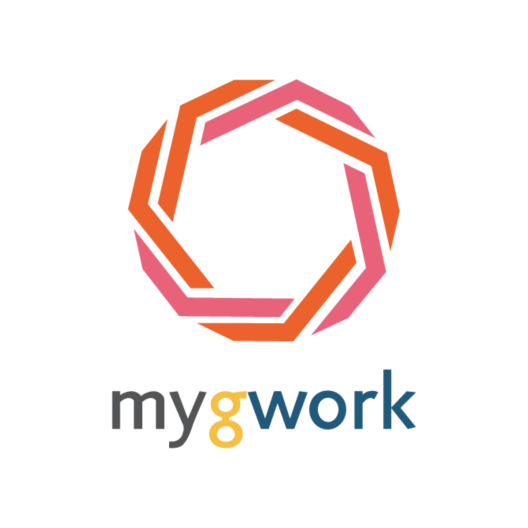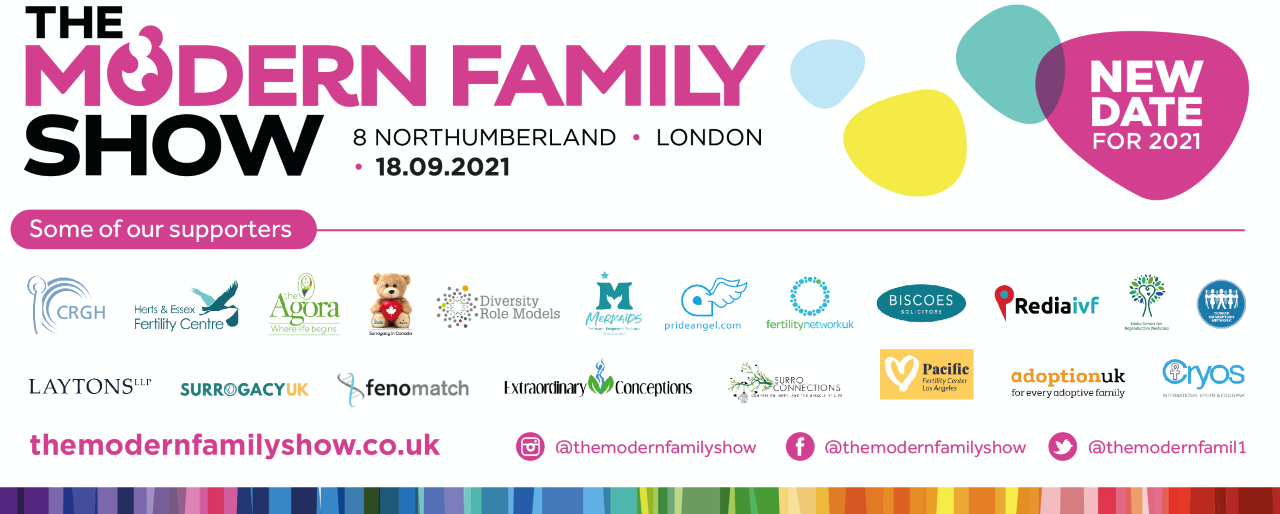
Three in four LGBTQ+ women and non-binary professionals still fear coming out at work, reveals myGwork research
News
An overwhelming three-quarters of LGBTQ+ women and non-binary professionals are reluctant to fully come out at work and wider society, according to myGwork’s research to mark Lesbian Visibility Week.
The study carried out last year on the experiences of LGBTQ+ women and non-binary people in the workplace, found that high rates of discrimination are the main factor in preventing many from this group from feeling able to come out at work and in society at large. The research, studying the experiences of over 2,000 LGBTQ+ women and non-binary people from around the world, confirmed that seven out of 10 continue to experience discrimination at work. This figure is higher for people of color, those from more marginalized communities, and ethnic minority groups. For example, gender nonconforming and queer people experienced the highest rate of discrimination at work, followed by cisgender women (76%), gender fluid people (75%), intersex people (68%), trans women (66%) and non-binary people (65%).

The results of the study also found that many LGBTQ+ women and non-binary professionals believe that their sexual orientation and/or gender identity hinders career progression and has a significant influence on whether they are offered training and development opportunities to get ahead. In fact, 79% of our study participants across all age groups say that it’s tougher for LGBTQ+ women and non-binary people to shatter the glass ceiling than heterosexual cisgender women. Again, the figure is much higher for those with intersectional experiences who belong to other marginalized communities. Those with Latinx (86%), South Asian (85%) and Middle Eastern (85%) backgrounds found it the most difficult, followed by East Asian (83%) and Black/African communities (81%), compared to their White colleagues (76%). This is despite reported high rates of allyship from both men and cisgender straight women, as well as more visible LGBTQ+ role models at work.
The research also indicates that very few LGBTQ+ women and non-binary professionals occupy top C-suite leadership roles. Just 9% hold leadership roles, and only 3% are CEOs/founders. Linda Riley, Founder of Lesbian Visibility Week and Publisher of Diva Magazine, praised myGwork for providing “incredibly valuable” results. The research "highlights the reality of being an LGBTQ+ woman or non-binary person in the workplace," stated Riley. "It shows that while progress has been made, there is still a long way to go before everyone in our community can feel safe to be their authentic selves at work. It is so important to have this kind of study focusing on our specific, and all too often overlooked, experiences.”
The study delves into workplace value, allyship, job satisfaction levels, and views on whether salaries are transparent and equitable, and explored whether modern organizations are providing adequate LGBTQ+ training to prevent micro-aggression, bias, harassment and discrimination at work. The report also provides insights such as how the community perceives the term ‘lesbian’, data on their mental and physical wellbeing, and views on menstrual leave. In one of the more overwhelming results, 78% of LGBTQ+ women and non-binary people would like their employers to provide menstrual leave.

The research provides timely advice on what steps organizations can take to make the workplace more inclusive and stamp out discrimination, so LGBTQ+ women and non-binary people feel safe enough to come out, stay out and work with pride. It also uncovers tips on how to attract and retain this highly talented group, particularly given the fact that over 5 in 10 LGBTQ+ women and non-binary professionals are currently job hunting. Diversity, equity, and inclusion are also highly important factors to this group, as 70% said they have left an employer for failing to provide an inclusive and equitable workplace.
Commenting on the research, Adrien and Pierre Gaubert, co-founders of myGwork, said: “We carried out this research to delve into some of the specific challenges LGBTQ+ women and non-binary professionals face at work. Our findings confirm that lesbians are statistically less likely than their gay male colleagues to be out at work, face much higher rates of discrimination and are not getting the adequate support they need from management and HR to progress, despite corporate efforts to make workplaces more inclusive, which ultimately boils down to lack of LGBTQ+-education and training.”
Although the results indicate a concerning continuation of workplace discrimination, the Gaubert brothers also highlight the increase in allyship and LGBTQ+ role models in recent years. They call for employers everywhere to prioritize inclusivity in order to stamp out discriminatory attitudes once and for all.
“On a positive note, we are delighted to learn about the increasing number of allies and LGBTQ+ role models, helping to inspire the younger generations in the community,” shared Adrien and Pierre Gaubert. “This clearly demonstrates that many companies are moving in the right direction. However, employers need to step up and work much harder to create truly inclusive workplaces capable of stamping out discrimination and bias through things such as authentic support and allyship from the C-suite, as well as investment in better LGBTQ+ education, so that leaders and managers are adequately equipped to deal with discrimination, as well as retain this valuable talent pool.”
Marie-Helene Tyack, Global Diversity & Inclusion Business Partner at Allianz Global Corporate & Specialty, also highlighted the shocking results of the study. Discussing why LGBTQ+ women and non-binary people find it more difficult to come out at work than their male counterparts, she calls for action and for allies to “amplify lesbian voices”. “Lesbians are statistically less likely than their male colleagues to be out at work,” noted Tyack. “To be out we need to feel safe, and allies have a big part to play in us having that psychological safety needed to feel vulnerable and to be our true selves. Collectively lesbians have a big voice, but it can and should be amplified with the help of our allies. I am personally super grateful to my friends, my allies, on whose shoulders I stand to shout louder!”
Adding to her comments Juanita Gomez, Associate Director, Customer Service Management at Organon said: “Employers can create an inclusive workplace by allowing individuals to be their authentic selves and welcoming the differences in who their employees are,” she said. “For me, it is important to ‘belong’ because then I am a contributor to the business regardless of how I identify. Belonging is part of the fabric of the business, including is by invitation or making accommodations for comfort. Have the conversations, teach others about the differences in who people are, and be frank about expectations and boundaries.”

